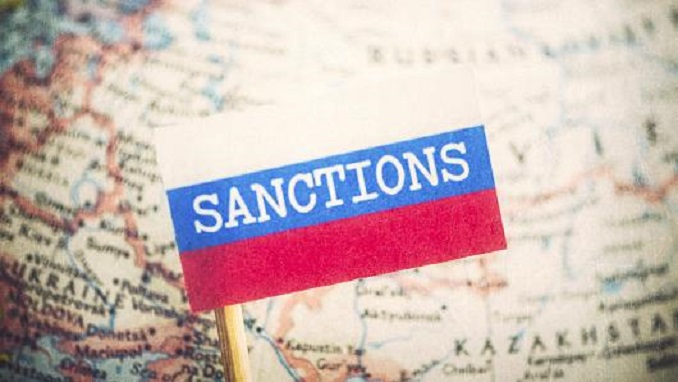The continuing pressure of U.S. sanctions on the ruble is beginning to affect the economies of the former Soviet countries in Central Asia and the Caucasus, which are dependant on Russia and its currency, Intellinews reports.
According to the report, these countries are now suffering blows from two sides, since Turkey, another traditional ally, is also in dire economic straits caused by U.S. sanctions.
While Turkey is grabbing the headlines, the Russian devaluation is just as painful, if not more so, due to the big role Russia’s economy still plays across the whole territory of the Former Soviet Union, Intellinews wrote.
The ruble lost some 17% of its value since the start of this year in parallel with the Turkish lira’s tumble. However, while the two countries are connected through trade and banking, the fall of the ruble has more to do with the threat of “crushing” sanctions being imposed on Russia this autumn by Washington.
Thanks to their relatively close economic ties, mostly in energy cooperation, the fall of the Turkish lira (TRY) and the Russian ruble has had the most noticeable effect on the Georgian lari (GEL) and the Azeri manat (AZM), but in Georgia’s case the strength of the economy has limited the damage, the report says.
The ruble has sold off to levels not seen since 2016 and growth forecasts have already been cut. However, analysts say that the drop in the ruble will be limited and the government can weather the storm thanks to its healthy currency account surplus and large gold and hard currency reserves.
Russia’s current account surplus increased to $60.7 billion (July 2018), versus $53.2 billion in the first half of the year, according to preliminary data from the Bank of Russia. The trade surplus also rose to $104 billion from $90.6 billion, thanks to oil prices reaching much higher levels than expected.
At the same time, Russia’s gross international reserves (GIR) have been rising and were just shy of $460 billion as of the start of August – more than enough to cover 17 months of imports, when economists say the minimum needed to ensure the stability of the currency is three months. And the Russian budget is on course to run a budget surplus of as much as 2% of GDP after several years of deficits.












